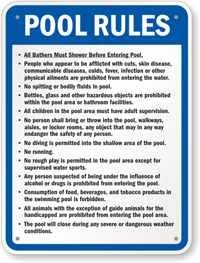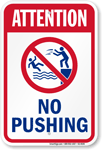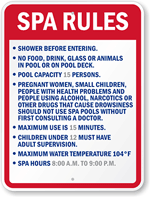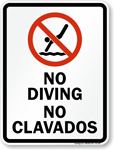Crocodile in the pool? Here’s what to do
“I don’t mean to alarm you, but I think there’s a crocodile in the pool.”
That was the oh-so-proper response of an Aussie swimmer who found not one, but nine baby crocodiles in a public swimming pool recently. His demeanor notwithstanding, finding a crocodile in your pool is ample reason to hit the panic button.
Experts warn that alligators and crocodiles of any size can be deadly to people and pets. (Crocs have longer more narrow snouts — but I’ll use the terms interchangeably.) They’re known for their powerful jaws, 75 razor-sharp teeth, and surprisingly fast attacks. And they’re actually found lurking in pools more often than you might think, especially in the American South.
This is one of several crocodile- or alligator-in-the-pool stories I’m personally aware of in my aquatic experience. One involved an adult gator hanging out at a waterpark. Fortunately, the waterpark operators discovered the reptile before the park opened. But getting the behemoth out of the pool required professional help.
How common are crocodiles in pools? Do a quick Google search and you’ll get 182,000 search results, including numerous videos of crocodiles in pools and multiple stories about unsuspecting pool owners discovering the toothy beasts.
Why do crocs seem to like pools? The answer is the same reason people do: The cold-blooded animals love luxuriating in the sun and then cooling off in the water. In nature, crocodiles seek out murky waters they use to ambush unsuspecting prey. So neglected pools make attractive hangouts for crocs. During Florida’s recent housing crash, gators started taking up residence in the pools of foreclosed homes. If you can’t think of any other reason to maintain your pool properly, remember you might head off a run in with a croc!
Drought can also draw the leathery beasts into backyard oases. Gators like shallow ponds and when those dry up, they’re not too shy to find an accommodating backyard or public pool. They’re especially active — and deadly — during the spring mating season.
Regardless of what draws them, crocs aren’t your typical swimmers. You won’t find them splashing about or doing laps. Instead, they tend to skulk about in corners or secluded areas, waiting for unsuspecting prey. If you find a gator in your pool, don’t try to remove it on your own. Instead contact the experts so you can live to tell!
Related articles across the web
Category: Pools













